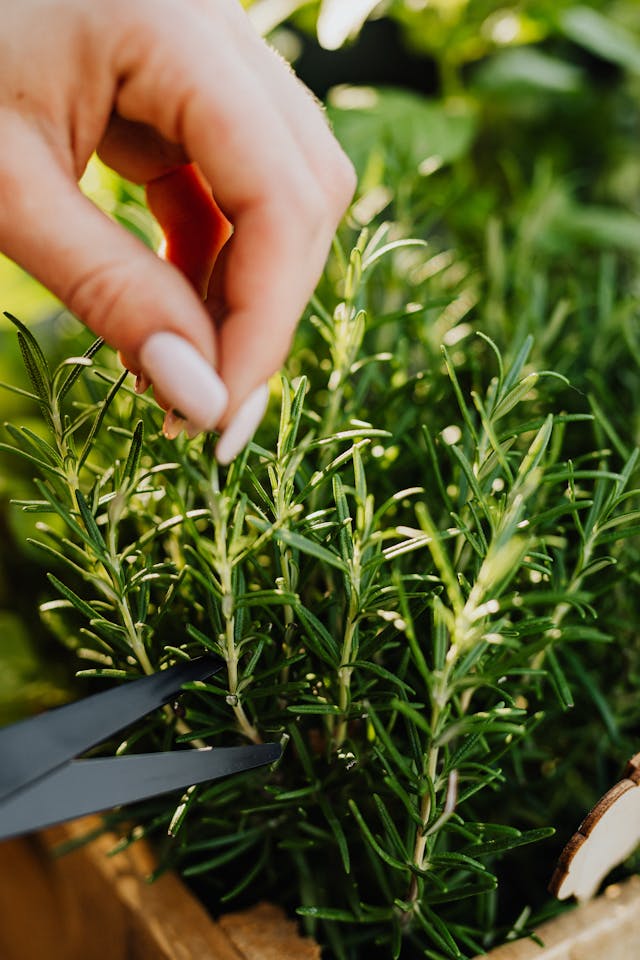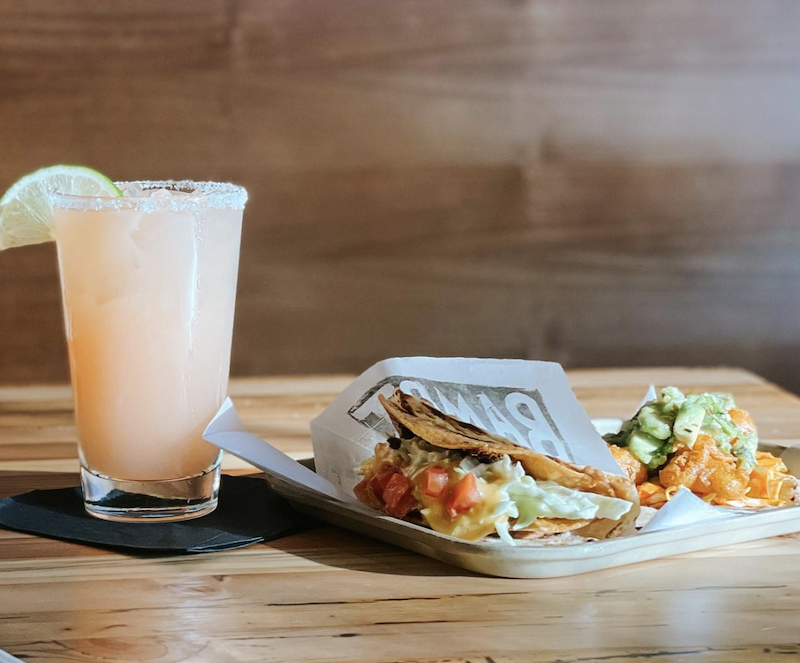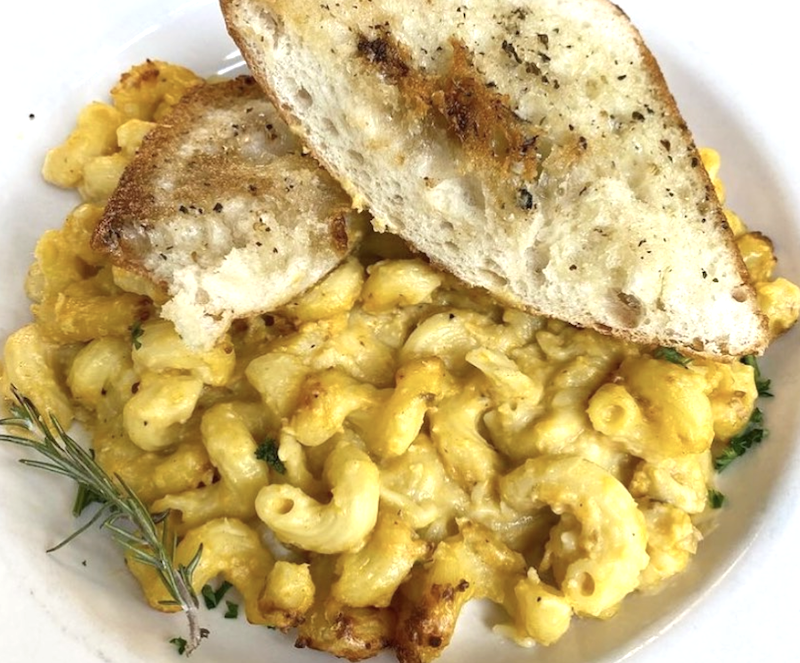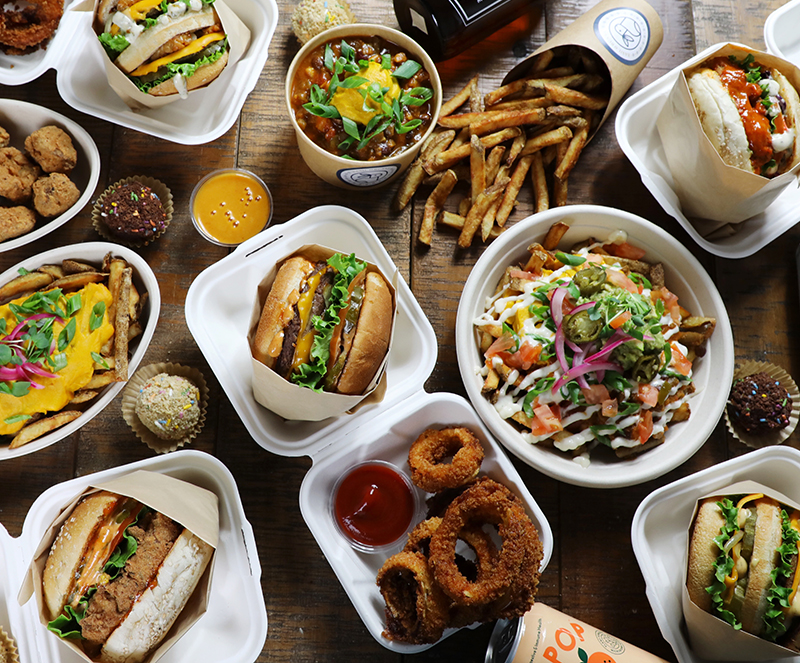We’ve all been there. It starts with a slight tingling on the skin, gradually turning red, swollen, warm, and unbearably itchy. But if you give in and scratch too much, it only worsens, increasing the risk of infection. It’s a mosquito bite, of course. The worst part? Looking over at your friend, who hasn’t been bitten even once.
Research suggests that mosquitoes are drawn to certain people over others. Both smell and blood type seem to play a role in why some mosquitoes like you more than your friend. But could you repel them by changing your diet? According to some research, it’s a possibility.
Table of Contents
Why do some people get bitten by mosquitoes more than others?
Currently, there are over 200 species of mosquitoes in the US. While most are harmless aside from their itchy, irritating bites, a few can spread diseases like West Nile. Elsewhere, mosquitoes are a major source of viruses like dengue, Zika, and malaria. According to the CDC, nearly half of the world’s population is at risk of malaria infection.
If you’re frequently bitten, understanding what attracts mosquitoes can help you avoid them. Some experts believe that mosquitoes are drawn to hot, sweaty skin. To stay cool in high temperatures, choose breathable fabrics like linen or cotton, and avoid synthetics like nylon or polyester, which trap heat and body odors.
Pexels
Research also suggests that mosquitoes are attracted to a chemical on the skin called carboxylic acid. Some people produce higher levels of this chemical, making them more appealing to mosquitoes. Other studies indicate that mosquitoes prefer blood type O over other blood types.
Even if you’re a mosquito’s favorite target, there are steps you can take to protect yourself. Mosquito repellent is essential, as is covering up with loose clothing when possible. Burning citronella candles, which act as a plant-based insect repellent, may also help especially around sunrise or sunset when mosquitoes are most active. And maybe, just maybe, your diet could play a role, too.
Can you change your diet to repel mosquitoes?
Research on the impact of diet on mosquito attraction is still limited, but some studies suggest that certain plant-based foods might help repel them.
In 2023, research from Johns Hopkins University in Maryland suggested that mosquitoes might be repelled by eucalyptol, a natural compound found in many plants. Mugwort, rosemary, sweet basil, sage, and cardamom are particularly good sources, and consuming them regularly might make you less attractive to mosquitoes.
“Interestingly all humans whose body scent we analyzed in this study seemed to emit some eucalyptol. However, the person who was least attractive to mosquitoes had higher amounts of the chemical in their scent signature,” Conor McMeniman, PhD, an assistant professor at Johns Hopkins University’s Malaria Research Institute, told The Telegraph.
“We think this person likely obtained this compound from plant-based foods in their diet,” he continued. “Eucalyptol is abundant in many different herbs and spices, but it is also possible it could also have been from exogenous products as eucalyptol is also a common ingredient in toothpaste and mouthwash.”
 Pexels
Pexels
McMeniman’s study involved releasing 200 mosquitos into an ice rink-sized testing arena in Zambia. The author noted that to achieve more definitive proof that mosquitos are repelled by eucalyptol, a larger study is required.
Additionally, research suggests that mosquitoes may not like garlic or grapefruit either. Allicin, a compound found in garlic, has even been linked to a reduced risk of contracting malaria.
However, not all plant foods will repel mosquitoes. Sweet, floral scents, for example, may attract them. “If there is an overlap in volatiles given off by nectar-producing plants that mosquitoes are attracted to and the sweet floral scent coming from what someone is eating, a mosquito could be attracted to the food and the person eating it,” Eva Buckner, PhD, told Food and Wine.
Strong cheeses, which contain carboxylic acids, also might attract mosquitoes, and some studies have demonstrated a link between drinking beer and the likelihood of a mosquito bite, too. But again, research is still limited in this area.
Right now, it’s not advisable to replace more tried-and-tested methods, like regularly using mosquito repellant, to avoid pesky mosquito bites. That said, adding a few more plants to your diet, especially those high in eucalyptol, can’t hurt, either.







